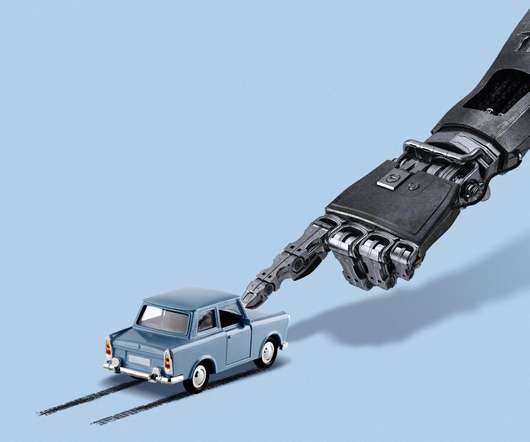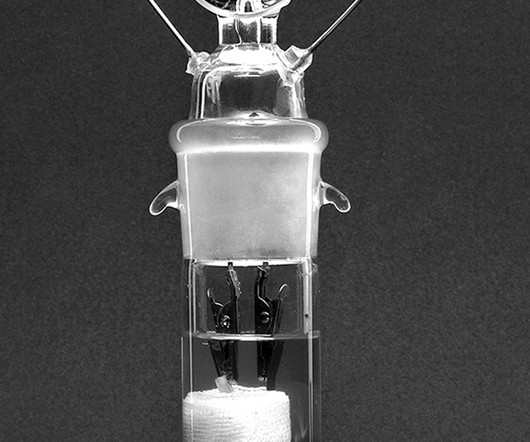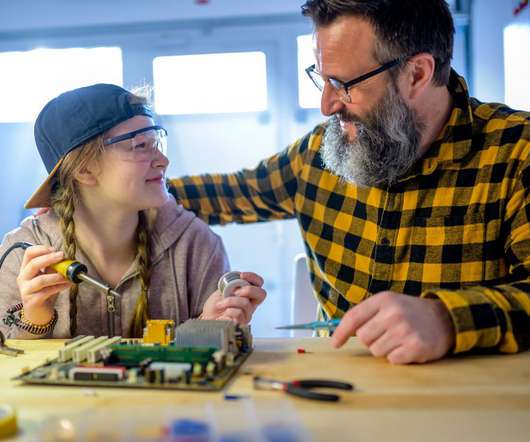Safer and Self-Driving Cars Now on Roads
Clean Fleet Report
MAY 3, 2021
note: We’re republishing this article because it’s a good reminder of how technology timelines can slip and yet things are clearly moving forward. This article was written more than 10 years ago, when the forecasts were we would have personal and public robotaxis galore. This article may contain affililate links.






















Let's personalize your content